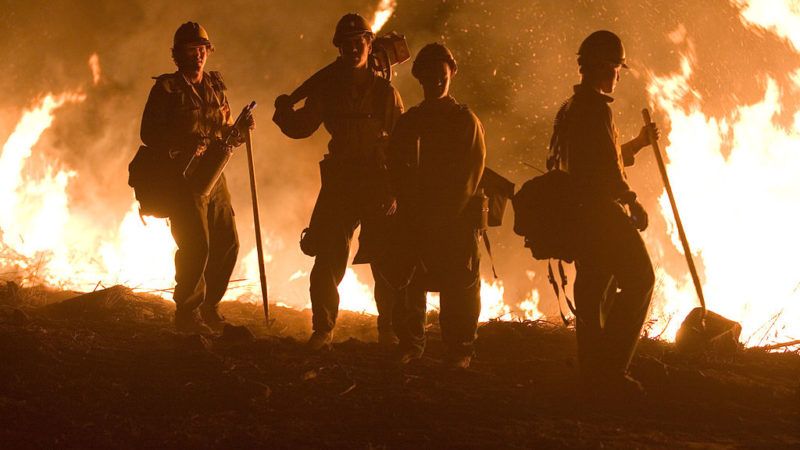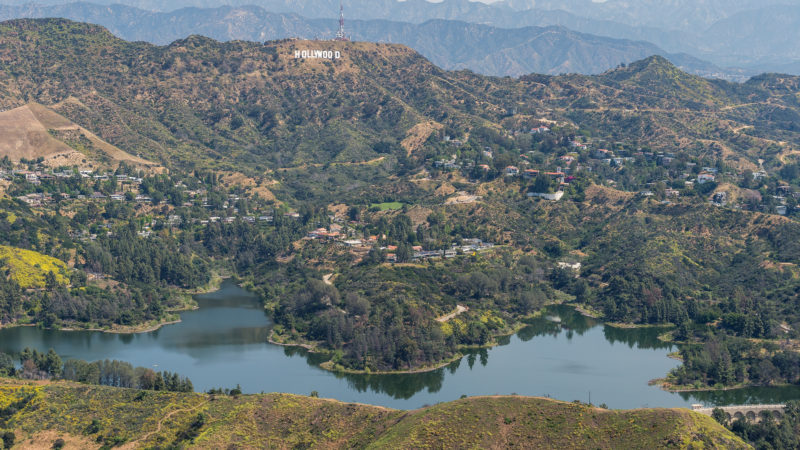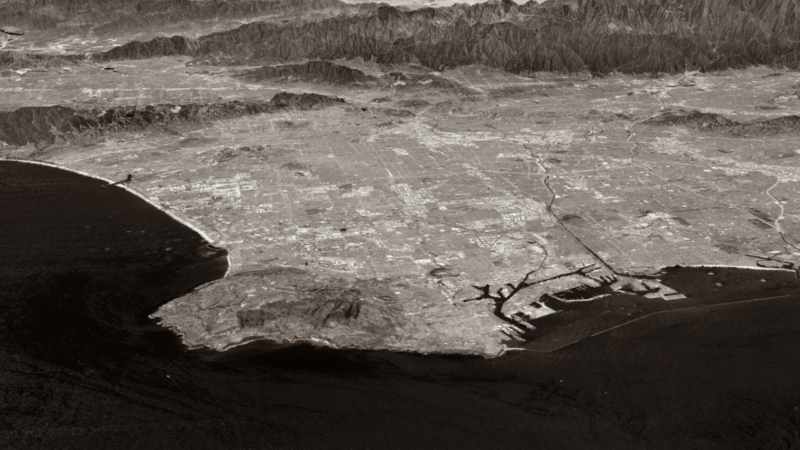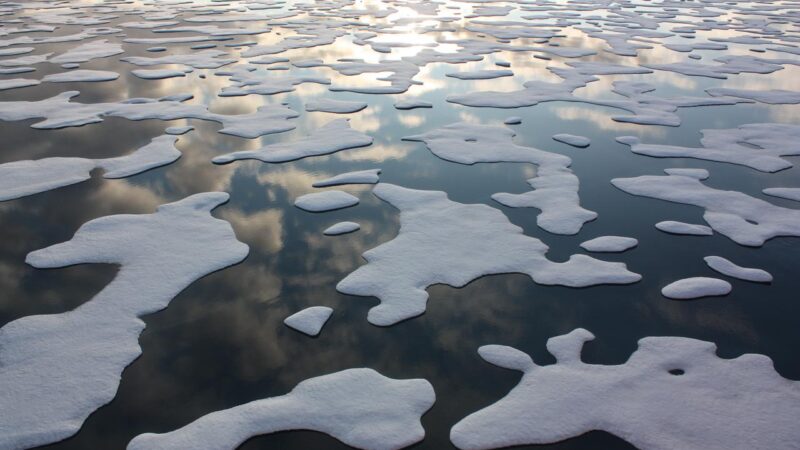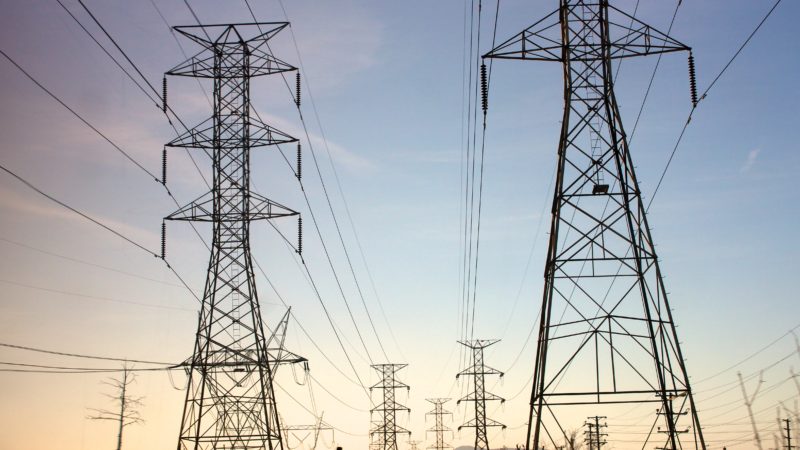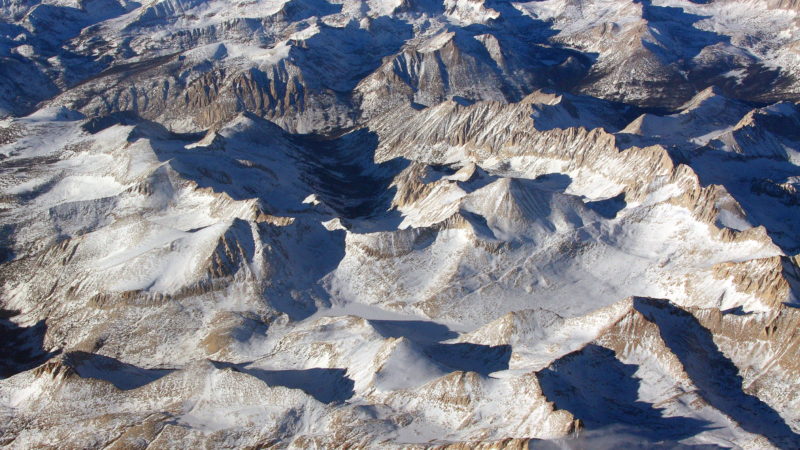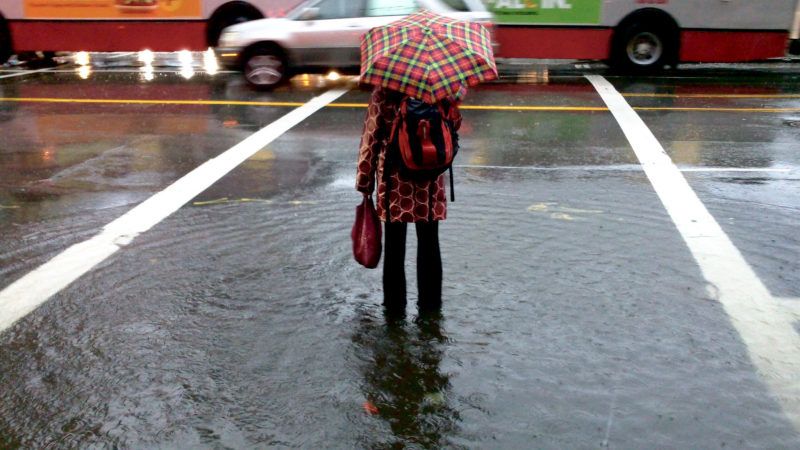
The Future of Extreme Precipitation in California
Our researchers are investigating the effects of climate change on heavy precipitation events in the state. Specifically, we're focusing on atmospheric rivers, moisture-laden filaments of air that move across oceans and produce heavy precipitation when they make landfall. Understanding how atmospheric rivers are affected in a changing climate is key to smart water planning in the future.



